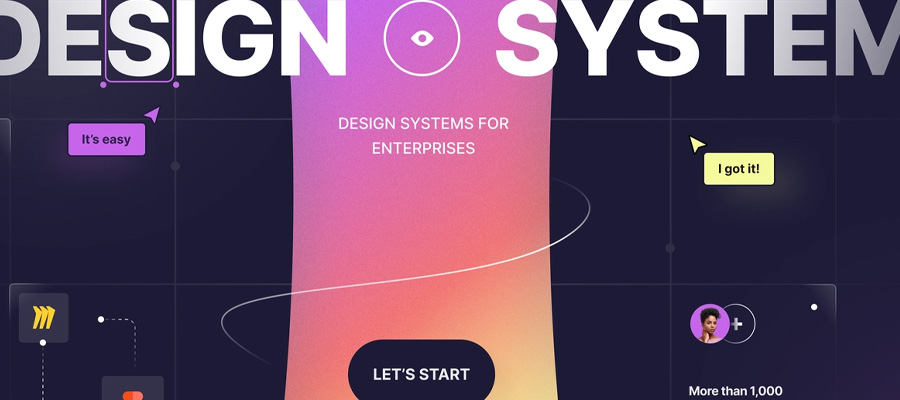Studies have shown that HR teams are significantly behind other departments when it comes to the digital evolution. Compared to marketing and tech departments, which are some of the most digitally advanced in businesses around the world, Human Resources teams are in need of updating their processes and knowledge. The enormous number of innovations in technology, coupled with the fact that HR teams are responsible for so many facets of a business, are to blame for why HR professionals need to bring their processes up to speed. Here are some ways that teams can change to adapt to the digital world.
Be Proactive
HR teams are increasingly using data and analytics to gain a more detailed picture of how staff are working across the organisation. But this can still be done at a basic level in some companies. Data should be playing a more proactive role in HR practices, though, and should be used in a predictive way to gain a greater understanding of the company, rather than being used in a reactive manner.

SiteGround Playoff by Isaac LeFever
Focus on Content Marketing
Customer experience is a huge area of opportunity for businesses in a host of different industries, and it can be used for creating content and producing data-driven marketing. But customer marketing can also bring about change in the processes, structures and practices in the business, including in HR teams. It may be through reinforcing a more collaborative culture, breaking down barriers within the company departments or finding ways to communicate more effectively about policies that are often neglected, such as time off in lieu.
Prioritise Employee Experience
Customer experience may be the major catalyst for digital transformation, but employee engagement is increasingly becoming a core component for many professionals. HR teams need to adapt their processes with this in mind in order to change how they communicate, market and collaborate with employees. Transformation in this area is about more than just understanding the channels and having technical expertise – it’s also about responding to the challenges employees face, the opportunities that changes in the digital world create, and how these digital changes can affect the way teams work and behave.
Improve Digital Literacy
Many employees believe it’s important for business leaders to be tech-literate, but far fewer believe that those in their own organisation are digitally-literate. This is an area that HR teams need to work on in terms of ensuring that senior professionals have the required knowledge to understand how technology can be integrated and applied in the business.
Develop Leadership Qualities
HR professionals need to spend more time focusing on soft skills, in particular how those impact leadership qualities. Rather than focusing exclusively on traditional leadership qualities such as being action-orientated and inspirational, it’s important to remember factors such as flexibility, curiosity and an ability to embrace change as the business evolves. HR teams can use digital tools when recruiting to ensure that candidates have a good mix of both hard and soft skills for more rounded applicants that have the knowledge and emotional intelligence to thrive in an organisation.





















